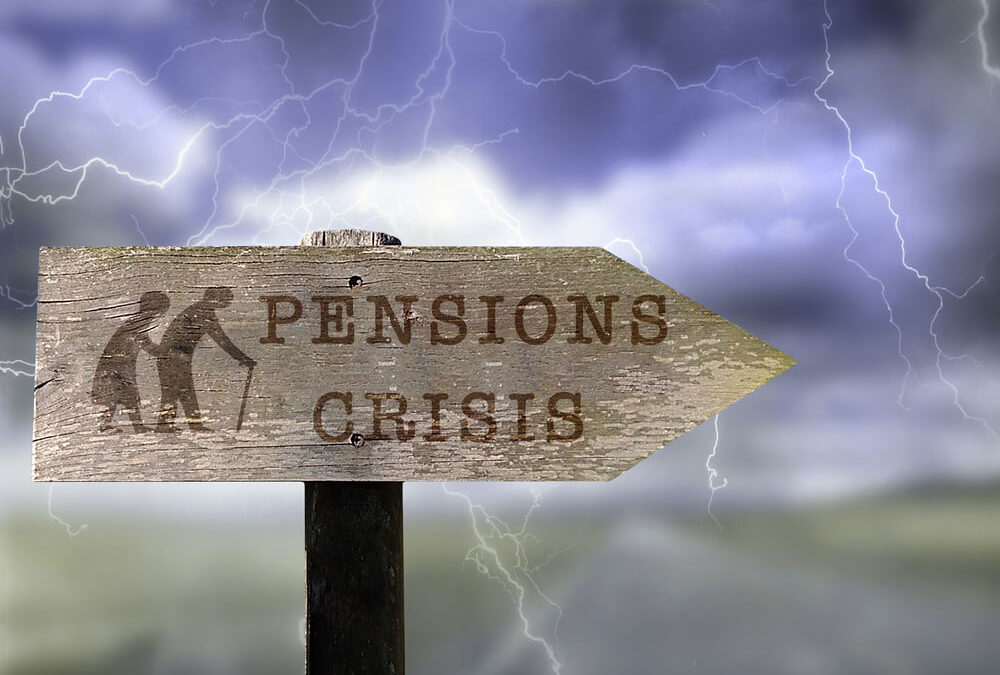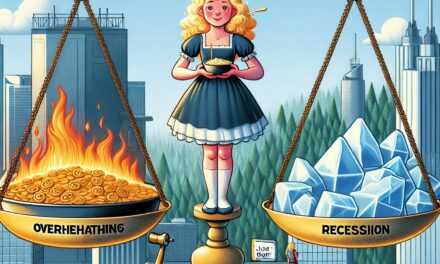Print media is having a rough time these days, and The McClatchy Co., once a major newspaper publisher, has decided it will let some of its pensioners suffer as it faces the threat of bankruptcy.
McClatchy says it will hold out on releasing funds for a “small number” of beneficiaries in the nonqualified portion of its Supplemental Executive Retirement Benefits plan, and it still has to meet a mandatory $124 million contribution to its pension plan in 2020.
“This decision is not taken lightly, but at a time when the company is actively negotiating the future of the qualified pension plan, it would be inconsistent with our culture to continue payments on the non-qualified plans,” McClatchy CFO Elaine Lintecum wrote in a statement.
Beneficiaries in McClatchy’s $1.3 billion qualified pension won’t be affected by the distribution holdout, and Lintecum mentioned that the company has hired Kurtzman Carson Consultants LLC to field any incoming questions about the frozen pension payments.
The writing has been on the wall for McClatchy, though. The publishing company said contributions to its pension program present “a significant liquidity challenge in 2020” in its third-quarter earnings report, and it wasn’t sure if it would be able to continue to make the payments.
Accounting data from last year reveals McClatchy’s pension plan was underfunded by about $535 million, and it tried to get the federal government to waive the mandatory $124 million contribution for 2020, but that request was denied.
McClatchy operates out of Sacramento, California, where it manages 29 newspapers around the U.S. including the Miami Herald, The Kansas City Star and The Charlotte Observer. But the newspaper business has seen a major culling in the last decade as the internet has taken over. Tens of thousands of newsrooms around the country and world have been slashed amid steep revenue decline.
The 2020 forecast for McClatchy is not looking good, either, according to the S&P Global Ratings that said the company doesn’t have the funds to meet all obligations this year.
“It could engage in a distressed debt exchange or file for Chapter 11 bankruptcy before September 2020, when the bulk of its mandatory pension contributions are due,” S&P analysts wrote in a report.




